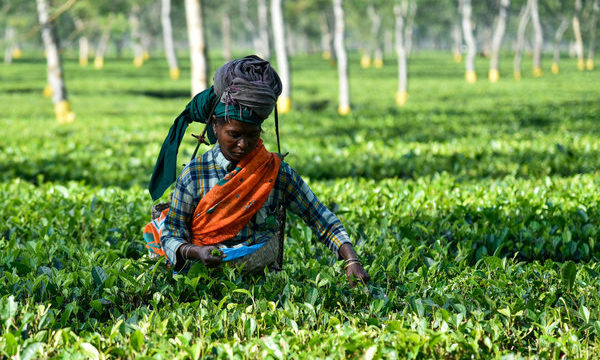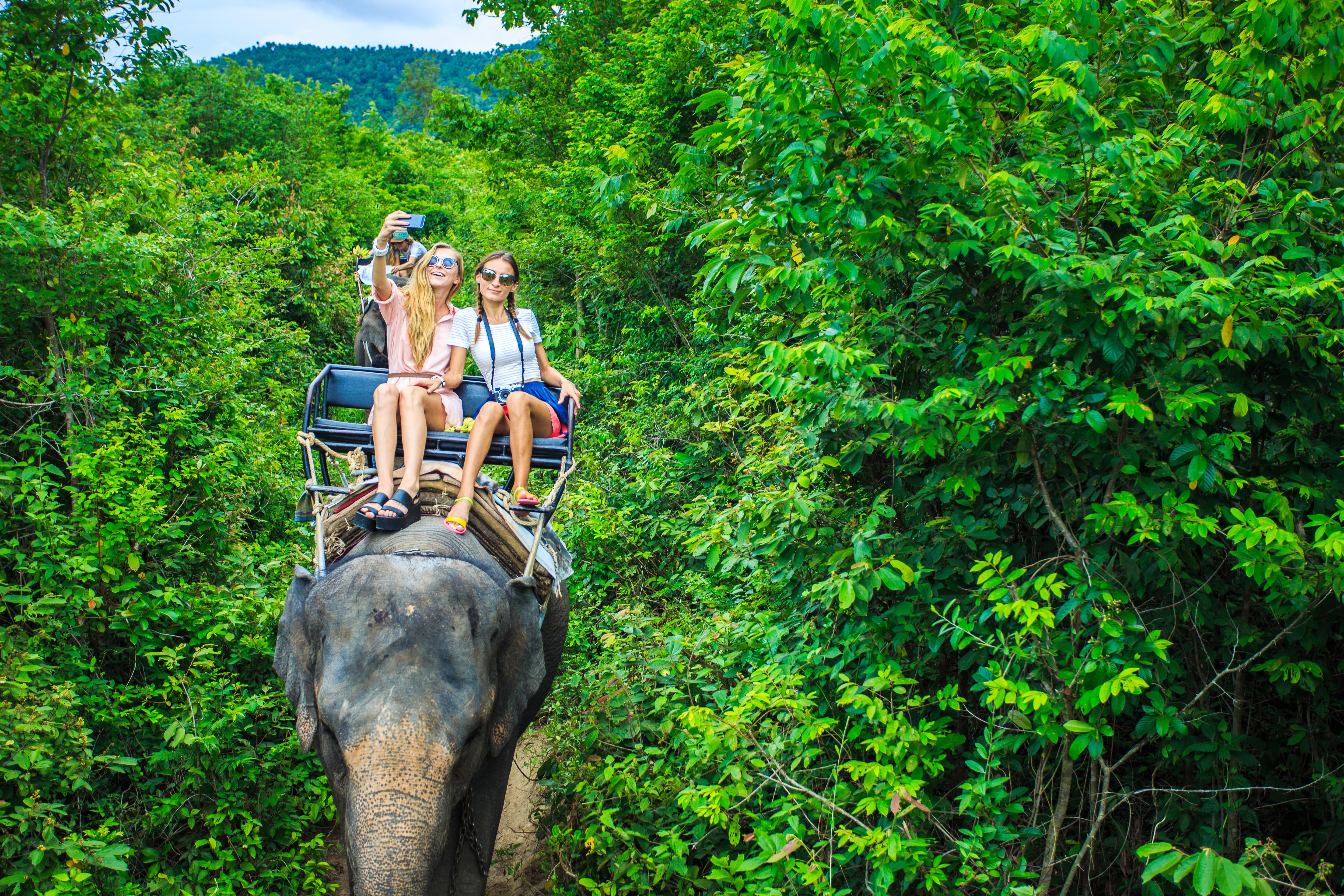 By Scinceside – Own work, CC BY-SA 3.0
By Scinceside – Own work, CC BY-SA 3.0
An innocuous visit to Dubai
A young friend of my extended family was recently taken seriously ill and ended up in a London hospital following a short trip to Dubai to visit a partner working abroad for a few months. The symptoms of the infection, taken together with the location, and the fact that the trip involved taking a camel ride, led the hospital to suspect deadly MERS (Middle Eastern Respiratory Syndrome). Acting on that basis, the partner was tested in a local hospital in Dubai and sent home to wait-out the 14 day transmission window for this disease.
About MERS
Its caused by a coronavirus (MERS-CoV), and infection is linked to travel in the Middle East and close contact with camels, camel secretions and uncooked camel products. The fatality rate is 40%, but deaths are usually linked to underlying medical conditions which weaken the immune response. There is no vaccine: disease transmission is controlled by hygiene, by contact tracing of confirmed cases and the wearing of personal protective equipment by hospital staff (1). Since 2012, 27 countries (including UK) have reported 2266 cases, the majority in Saudi Arabia, with a serious imported outbreak in 2015 in South Korea.
Fortunately the friend turned out not to have MERS but it was a very difficult and traumatic 24 hours finding information to reassure relatives (40% fatality is a scary statistic) … and it set me thinking:
How much can you be expected to know as an independent traveller and what is the responsibility of your tour organiser to inform you?
Health information for Travellers – where to find it?
Most people’s first port of call in the UK is to visit their GP for vaccination & travel advice or at the very least to visit the government’s (FCO) Foreign Travel Advice for the country.
At the very bottom of the FCO’s health section for United Arab Emirates (Dubai), after listing all the vaccinations you should have, it finally tells you that “there have been cases of MERS in patients from the United Arab Emirates and cases of Legionnaires’ disease among British nationals who have recently travelled from Dubai”.
“For the latest information and advice, see the website of the National Travel Health Network and Centre (NaTHNaC)” it declared: so I did! And got stumped… eventually I found MERS under a section called “other risks”!
What is the advice for MERS?
“All travellers, particularly those with chronic medical conditions, should practice good general health measures, such as regular hand washing with soap and water at all times, but especially after visiting farms, barns or market areas. They should:
- Avoid contact with camels
- Avoid raw camel milk and/or camel products
- Avoid consumption of any type of raw milk, raw milk products and any food that may be contaminated with animal secretions, unless peeled and cleaned and/or thoroughly cooked.”
Easier to find, clearer advice was available on the page for Saudi Arabia, aimed at people making the Hajj. There, links take you directly to health advice for MERS.
The independent traveller, just popping over to visit UAE, will potentially (and very likely) fall through the health and safety net.
Do travellers act on health advice?
One of the mantras you hear today (apart from “taking back control”) is that WE have to become personally responsible for our own health – commonly stated by a government overwhelmed with costs of lifestyle related diseases. This is all fine and dandy, but you have to be able to access the information in the first place, be able to put it into practice, and be made aware of the consequences if you don’t follow the advice.
I belong to a campaign (HIFA) whose key tenet is that every person should have access to health information to take care of their own health and that of others. In this case the young people involved should have been informed of the potential risk of MERS associated with camel rides and consumption of raw camel products. They would then have been better placed to take the necessary hygiene precautions to reduce their exposure.
Hopefully they would have taken the advice…its not onerous. However as I discovered, people don’t always follow travel advice and for many reasons. Scared of side effects through reporting of discredited research and rumours (2), vaccines “not complying” with religious laws as in Indonesia, where measles immunisation rates plummeting and frankly just not being concerned that it applies to them (3).
What about the responsibilities of the companies providing tour services?
And that leads me, naturally to dwell on the responsibilities (4) of the companies that offer fun or leisure activities – such as camel rides or desert excursions – to the not-so-informed, casual tourist? What should they know, what can they do to reduce the risks of exposure to disease and how to balance the “thrill” aspect with keeping their clients safe.
Its not possible to know if, in this instance, the camel tour operators provided any hygiene advice. But I found research around similar situations on petting farms and at farm shows where information was not provided and facilities were not used (5, 6), and adventure tour operators cutting corners on risk management (7).
References were found through searching CABI’s Global Health database and CAB Abstracts database. Global Health database has 901 records on MERS-CoV, over 7500 records on imported infections and of those more than 2400 are specifically travel-related.
References
- ‘VIOLET’: a fluorescence-based simulation exercise for training healthcare workers in the use of personal protective equipment. Journal of Hospital Infection 2018
- Public health and economic consequences of vaccine hesitancy for measles in the United States. JAMA Pediatrics 2017
- Refusal of recommended travel-related vaccines among U.S. international travellers in Global TravEpiNet. Journal of Travel Medicine 2017
- Tour operators and operations: development, management and responsibility CABI book 2018
- Cryptosporidiosis outbreak in visitors of a UK industry-compliant petting farm caused by a rare Cryptosporidium parvum subtype: a case-control study Epidemiology & Infection 2016
- Animal contact in public settings-risk awareness of enteric pathogens and hand hygiene behaviors Food Control 2018
- Instructors’ perspectives on risk management within adventure tourism. Tourism Planning and Development 2017
Related News & Blogs
3 fast ways to find super-specialized research
We all know that essay deadline dread; you’ve got a rough idea, no clue where to find the right research, and less and less time to get everything (citations included) sorted. Never fear, CABI’s here! In this blog, we share our 3 top tips for finding s…
10 June 2021




